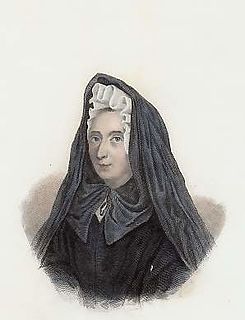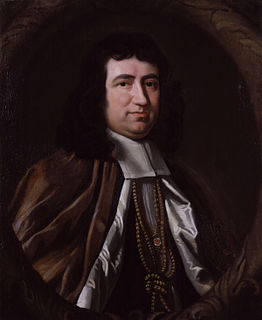A Quote by William Shakespeare
Related Quotes
There is no lasting pleasure but contemplation; all others grow flat and insipid upon frequent use; and when a man hath run through a set of vanities, in the declension of his age, he knows not what to do with himself, if he cannot think; he saunters about from one dull business to another, to wear out time; and hath no reason to value Life but because he is afraid of death.
By the cross we, too, are crucified with Christ; but alive in Christ. We are no more rebels, but servants; no more servants, but sons! "Let it be counted folly," says Hooker, "or fury, or frenzy, or whatever else; it is our wisdom and our comfort. We care for no knowledge in the world but this, that man hath sinned, and that God hath suffered; that God has made Himself the Son of Man, and that men are made the righteousness of God."
He will be the best Christian who has Christ for his Master, and truly follows Him. Some are disciples of the church, others are disciples of the minister, and a third sort are disciples of their own thoughts; he is the wise man who sits at Jesus' feet and learns of Him, with the resolve to follow His teaching and imitate His example. He who tries to learn of Jesus Himself, taking the very words from the Lord's own lips, binding himself to believe whatsoever the Lord hath taught and to do whatsoever He hath commanded-he I say, is the stable Christian.
Nature hath made men so equal in the faculties of body and mind, as that though there be found one man sometimes manifestly stronger in body, or of quicker mind than another, yet when all is reckoned together, the difference between man and man is not so considerable as that one man can thereupon claim to himself any benefit to which another may not pretend as well as he.





































